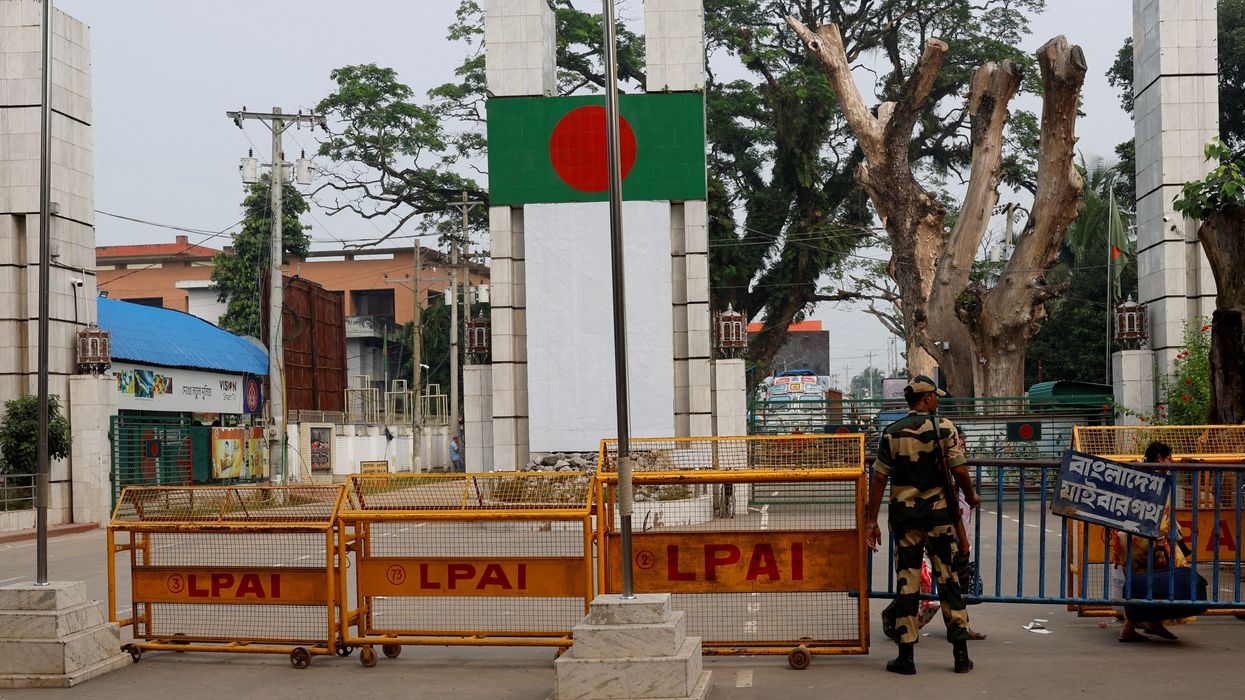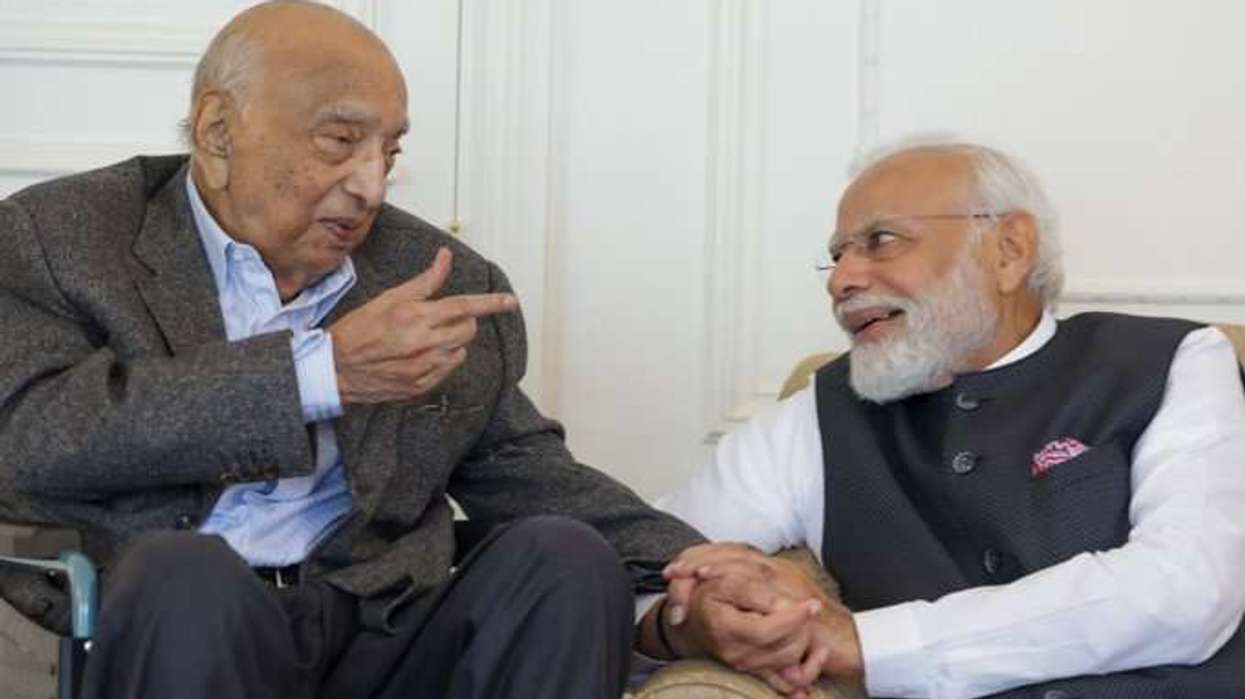INDIA has reduced the number of medical visas issued to Bangladesh, citing staffing shortages, despite repeated requests from Dhaka to resume normal volumes.
Six sources told Reuters that this move comes amid worsening ties between the two countries, creating an opportunity for China to expand its own medical visa offerings.
Most of India's visas for Bangladeshis in 2023 were for medical treatment, with patients drawn to India's private healthcare and Bengali-speaking hospital staff. This helped strengthen ties between the two countries and limited China's regional influence.
"When there is a vacuum, others will come and fill the space," one of four Bangladesh sources, mostly diplomats, said. "Some people are going to Thailand and China."
Since August, India has issued fewer than 1,000 medical visas per working day, a decline from the previous 5,000 to 7,000, the sources said. All spoke on condition of anonymity due to their employment terms.
The reduction in visas follows the change in Bangladesh’s government, with Nobel peace laureate Muhammad Yunus leading an interim administration that replaced India's long-time ally Sheikh Hasina.
After violent protests led to Hasina’s removal in August, she sought refuge in New Delhi. India has not responded to Bangladesh’s request to send her back for trial.
In 2023, India issued more than 2 million visas to Bangladeshis, mostly for medical reasons, according to government data. However, the current restrictions have opened space for China.
Earlier this month, a group of Bangladeshis travelled to China’s Yunnan province for medical treatment as part of efforts to “explore the potential of the medical tourism market,” Chinese Ambassador Yao Wen said.
At least 14 Chinese companies have invested over £177 million in Bangladesh since the interim government took office, making China the largest investor in this period, Wen said last week.
Bangladesh's de facto prime minister, Yunus, is set to visit China this month to meet president Xi Jinping.
China, which has been slowly restoring ties with India following the 2020 border clashes, is also considering setting up a "friendship hospital" in Dhaka, according to the Bangladesh government. It has also eased access for Bangladeshis seeking medical treatment in China.
A spokesperson for China’s foreign ministry said Beijing is committed to strengthening cooperation with Bangladesh.
“The cooperation between China and Bangladesh is not targeted at any third party, nor is it influenced by third-party factors,” the spokesperson told Reuters.
The foreign ministries of India and Bangladesh did not respond to requests for comment.
Visa delays and growing China ties
India’s visa delays are affecting both the Bangladeshi government and the wider population, the four sources said, adding that this could impact India’s influence in Dhaka for the long term, as a return of Hasina’s party seems unlikely.
Indian officials have cited staffing shortages at the Dhaka embassy as a reason for the delays, while Indian government sources also raised concerns about staff security.
After anti-India protests broke out in Dhaka following Hasina’s removal, New Delhi evacuated several diplomats and their families. Protesters had targeted an Indian cultural centre in the Bangladesh capital.
Indian sources said they want Bangladeshis with medical conditions to access treatment in India, but additional staff will be deployed to the visa office only when there is “stability in Bangladesh.”
One source said some medical visas were being misused by people trying to leave Bangladesh for other reasons.
India’s investments in Bangladesh
The visa restrictions come as India has extended over £5.3 billion in credit to Bangladesh for projects, including rail links, economic zones at ports, nuclear power infrastructure, and defence purchases.
This month, India’s foreign ministry said some of these projects had been affected, and both sides were discussing how to “rationalise the project portfolio.”
Meanwhile, China’s engagement with Bangladesh is increasing.
While India has not formally engaged with any Bangladeshi politicians, a delegation from the Bangladesh Nationalist Party recently visited China at Beijing’s invitation.
This week, Yunus told Wen that Bangladesh is ready to open its market further to China. Longi Green Energy, a leading Chinese solar energy company, has agreed to set up an office in Bangladesh and invest in manufacturing.
Wen has also met a top BNP leader to discuss “issues of mutual concern” without disclosing details.
By contrast, Yunus is expected to meet Indian Prime Minister Narendra Modi only next month at a conference in Thailand, two Indian sources said.
An Indian analyst said China’s regional influence is growing.
“South Asia is undergoing a major strategic shift in which China is becoming one of the biggest players,” said Happymon Jacob, who teaches international relations at Jawaharlal Nehru University in New Delhi.
“With every South Asian country, the traditional primacy that India enjoyed is being questioned.”
(With inputs from Reuters)




